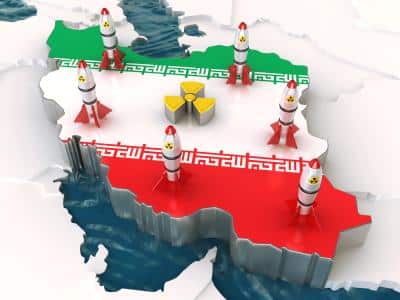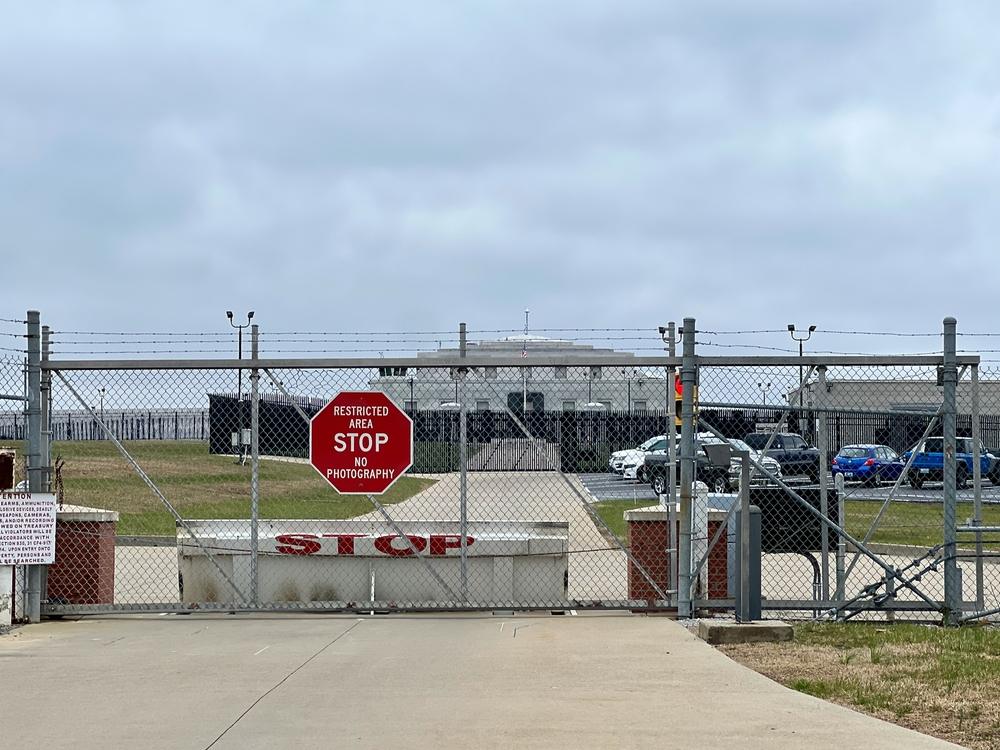There has been a debate for many years about the state of Iran’s nuclear program. As citizens of the United States, we simply cannot afford to wait around for official confirmation that their nuclear program exists. Iran certainly operates enough uranium enrichment plants at the moment to build their own nuclear weapons, but it is entirely possible that they don’t even need to resort to that option, as they easily could have purchased weapons from Russia years ago. Whether Iran purchased, stole, or built nuclear weapons, intelligence reports from across the world agree that if Iran doesn’t already have the capacity to launch a nuclear attack, they will soon.
How Close Is The Threat?
In May, analysts predicted that it would take just five additional months of production for Iran to be able to launch a nuclear attack or detonate a nuclear bomb. June, July, August, September, October… that five months is up. We have to assume that Iran has channeled enough resources into their nuclear program to have an operational bomb. Not particularly renowned for the rationality of their leaders, any future skirmish with Iran could now lead to nuclear attack. If the U.S. government won’t prepare for that eventuality, we are in for some serious trouble.
Our Response
Obama has come under fire for refusing to acknowledge that nuclear attacks against Iran could be a very real necessity in the months and years to come. The International Atomic Energy Agency (IAEA) has confirmed that Iran is developing nuclear weapons, and still the only action the U.S. has taken has been to declare continued sanctions against Iran, sanctions which, for the record, have done little to impede the state of Iran’s oil exports. Reports are now showing that Iran is so close to completing its nuclear program—if it has not done so already—that we could not launch a military strike to derail the program. Their nuclear program is so advanced that we cannot stop it by simply striking the program. That poses a big problem for the U.S. military, as that would be one of our go-to options should we discover that a hostile country had developed nuclear weapons that they were planning to deploy against the U.S. or one of our allies.
How To Survive A Dirty Bomb Blast, An Atomic Explosion, Or Even A Nuclear Reactor Meltdown
Analysts across the country are pushing a preemptive strike on Iran. While the reality of the situation likely means that we would have to cooperate with another country in order to successfully eradicate their program, it could be the best option we have to ensure that Iran does not strike the U.S.—or perhaps more likely, Israel.
Accidental Transfers
Iran’s rhetoric concerning the United States and Iran has always been extreme, though analysts point out that in the interest of self-preservation, their actions have usually been of a more moderate nature. If we assume that Iran will choose not to attack the U.S. or Israel in order to maintain the generally calm, though tense, relationships that currently exist, we still have not alleviated one of the most dangerous—and most likely—nuclear threats from Iran. With so many terrorist organizations operating in the Middle East, America-hating groups like Hezbollah are looking for every available opportunity to steal nuclear material. While Iran might not turn nuclear material over to Hezbollah knowingly, the risk that Hezbollah could steal the supplies for a nuclear weapon (or an already assembled nuclear weapon) from Iranian stores increases every day. Hezbollah forces pose a greater risk to the U.S. homeland, while an Iranian attack would likely focus on U.S. bases overseas. With a president who has shied away from pledging to use the nuclear option when necessary, can we be sure that the U.S. would retaliate against an attack from Hezbollah or, worse yet, an attack from Iran?
Iran-Israel Conflict
While the threat of Iran striking the U.S. may be worrisome, there is a threat that is far more likely. The closer that Iran gets to possessing a fully functional nuclear program, the more likely it is that Israel will lash out. Israeli leadership is highly paranoid about Iran’s developing nuclear program, and both countries are itching for a reason to strike the other. Because Israel is such a close ally of the United States and we are so committed to backing their security in the region, a strike on Iran by Israel or vice versa would certainly draw the U.S. into war as well.
Iran recently stated that should Israel attack the Iranian homeland, they would retaliate against the U.S., as a close ally of Israel. At first glance, that might not seem like a particularly salient threat, but there are plenty of U.S. targets in the Middle East that Iran can reach. As each day passes, the odds that Israel will attack Iran increase as well, potentially placing us in the middle of a war we are not ready to fight. Both U.S. and Iranian leaders know that we would probably defeat Iran in a conventional war, but U.S. military leaders would strongly prefer not to be pushed into forced military confrontation. A campaign against Iran would cause the loss of thousands of U.S. troops.
In short, the U.S. needs to take a long and hard look at our intelligence reports concerning Iran’s nuclear program and start to decide what our strategy will be when the time comes. Having left such a task this late is a grave misstep, and we should act before Iran (or Israel) works up the nerve to launch an attack that would set off a reaction throughout the Middle East.
©2013 Off the Grid News











